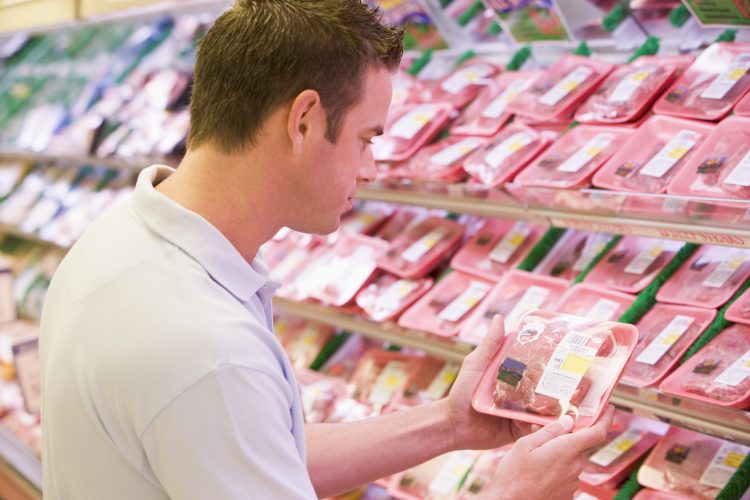Consumer demand for fresh meat may waver following recalls
- Like
- Digg
- Del
- Tumblr
- VKontakte
- Buffer
- Love This
- Odnoklassniki
- Meneame
- Blogger
- Amazon
- Yahoo Mail
- Gmail
- AOL
- Newsvine
- HackerNews
- Evernote
- MySpace
- Mail.ru
- Viadeo
- Line
- Comments
- Yummly
- SMS
- Viber
- Telegram
- Subscribe
- Skype
- Facebook Messenger
- Kakao
- LiveJournal
- Yammer
- Edgar
- Fintel
- Mix
- Instapaper
- Copy Link
Posted: 13 February 2023 | Grace Galler | No comments yet
Researchers from Penn State University have claimed that fresh meat recalls may affect consumer demand and impact sales.


According to a recent study, fresh meat sales may be negatively affected by recalls in the US.
The study was carried out by researchers at the College of Agricultural Sciences and found that both the number of recent recalls and the volume of food recalled have had “significant negative effects on the demand for fresh meat”.
In addition to this, the researchers have found that large recalls caused by product contamination as well as recalls for produce “without benefit of inspection or having an import violation”, recalls initiated by government agencies, and Class I recalls are “all more likely to cause a larger loss in meat demand”.
Commenting on how the results of the study could be used to prevent drops in sales, Pei Zhou, doctoral candidate in energy, environmental and food economics and lead author of the study noted different strategies that companies can take to prevent food recalls which then can benefit both consumers’ health and the companies’ sales.
“Government agencies and food companies could take action to prevent recalls by, for example, increasing the mandatory inspection of fresh meat products prior to food distribution,” explained Zhou.
“They could also reduce recall scales and respond quickly by developing standard regulations, guides and procedures for recalling, especially for frequently recalled foods.”
The researchers claim that food safety issues that threaten consumers’ health have increased in recent years. Specifically, they noted that in 2011 the Centers for Disease Control and Prevention estimated that about 48 million Americans get sick, 128,000 are hospitalised and 3,000 die of foodborne diseases each year.
Although Zhou notes that food recalls are “important to help keep consumers safe”, they also highlight that recalls also “also pose a significant financial blow to the company whose product is being recalled”.
“Consumers are exposed to various types of food recall information, and that information may change consumers’ perceived health risks and further affect their purchasing behaviours and food demand,” said Zhou.
“We wanted first to explore the impact of food recall on consumer demand and then follow up by examining how consumers respond to the various types of recall information.”
Using data from the Nielsen Retail Scanner Data from 2012 to 2016, the researchers specifically looked at the fresh meat market in the US which is the largest US agricultural sector with meat production totalling 52 billion pounds and poultry production totalling 48 billion pounds in 2017.
Overall, the research revealed that while recalls lowered product demand, customers responded to recalls differently with various factors affecting their purchasing including the severity of the recall classification, what caused the recall and how customers learned about the recall.
To concluded, the researchers said that their study “gives companies essential insight into the meat market and market strategies aimed at reducing the negative effect of food recalls on consumer demand”.
Related topics
Contaminants, Environment, Food Safety, Health & Nutrition, Outbreaks & product recalls, Quality analysis & quality control (QA/QC), recalls, retail, The consumer, Trade & Economy
Related organisations
Centers for Disease Control and Prevention, Nielsen Retail Scanner, Penn State University









